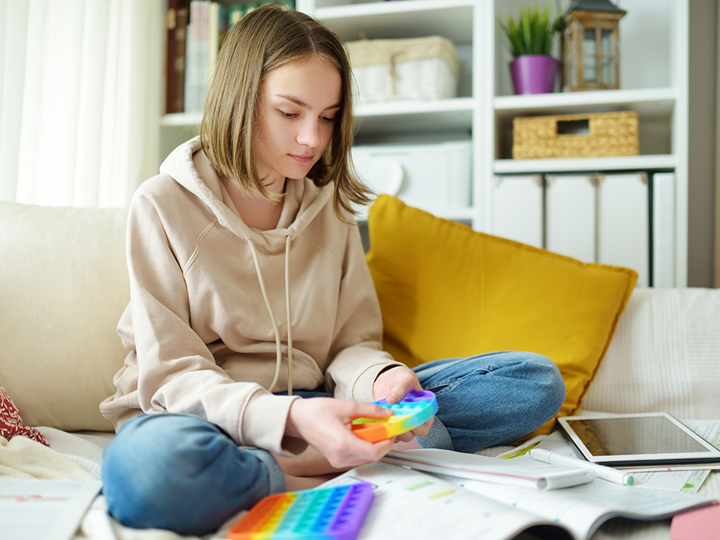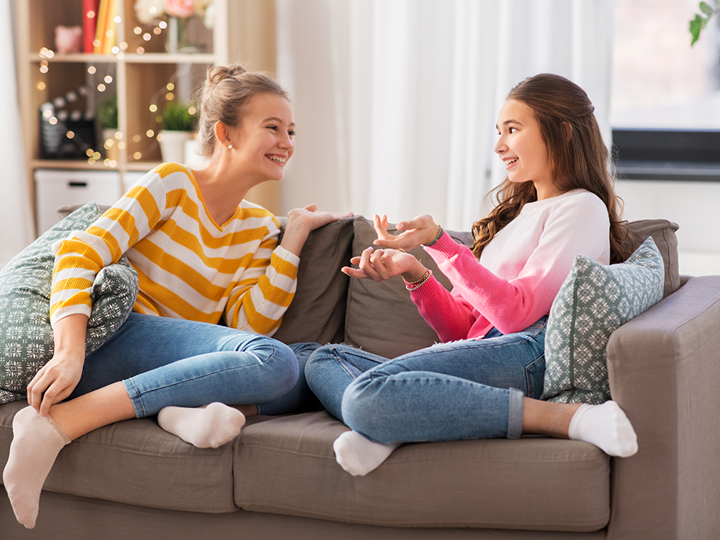Chronic fatigue: Emotional health and wellbeing

Having a long-term illness such as ME/CFS can have an impact on your child or young person's mood and overall emotional health and wellbeing. This is completely understandable.
Explore the topics on this page:
Understanding emotional health
There are a number of things that can affect the emotional health of your child or young person, such as:
- not being able to do activities they enjoy because of their fatigue
- feeling anxious that if they do the things they enjoy, they will be more fatigued
- struggling with negative thoughts, making it harder to manage their illness
- feeling more irritable than usual and falling out with friends or family
- worrying about the future and how they're going to achieve their goals
- wondering why this is happening to them and feeling that life is unfair
These thoughts are completely understandable. It's important to emphasise to your child or young person that they need to be kind to themselves. Encourage them to talk to you about how they are feeling.
Read more general advice about behaviour, emotions and wellbeing.
Local support
-
For support in a mental health crisis, you can text the word HEAR to 85258, to be connected to a trained volunteer, who can offer calm in a time of crisis. This service is confidential and anonymous, free and open 24/7, to anyone of any age.
- You can speak to your child's pastoral support or head of year at their school for NHS mental health support services.
- Keep Your Head have put together a helpful directory for local mental health support in Cambridgeshire and Peterborough for parents and carers.
- YOUnited is available to those up to 25 years old and offers a range of support including therapies, counselling and guided self-help.
Relaxation and mindfulness
Relaxation is an important part of your child or young person's daily activities. It allows their body and mind to recover after activity.
Everyone has different ways they like to relax. Learning to relax can take practice.
There are a variety of relaxation techniques including:
- deep breathing
- guided imagery and visualisation
- meditation and mindfulness
- stretching and strengthening exercises such as pilates and yoga
- yoga nidra or non-sleep deep relaxation
Last reviewed: 30 December, 2024

